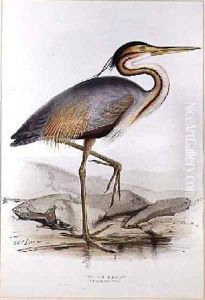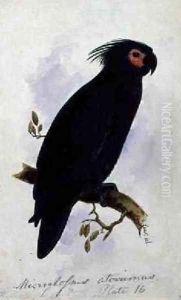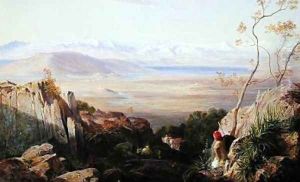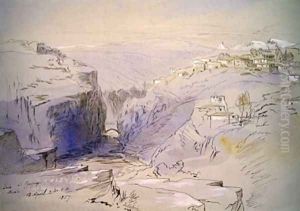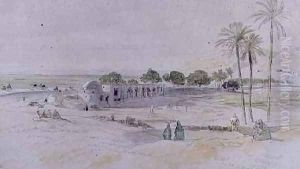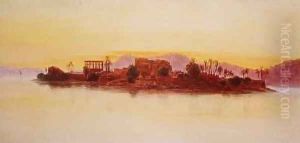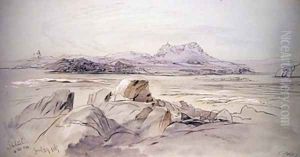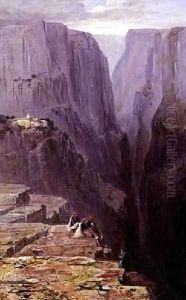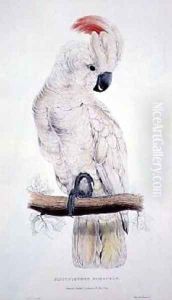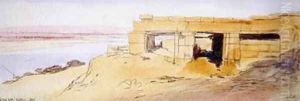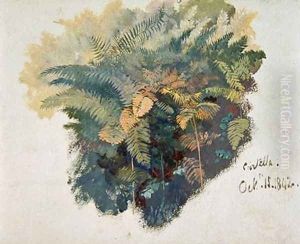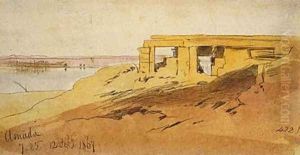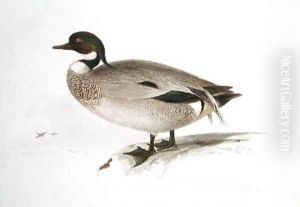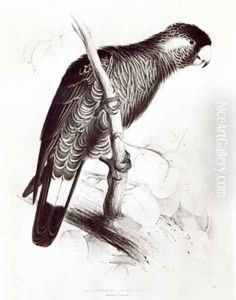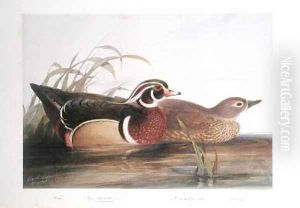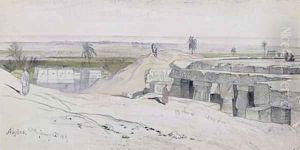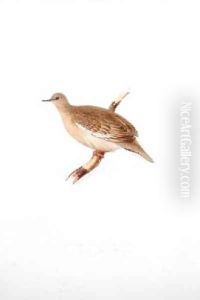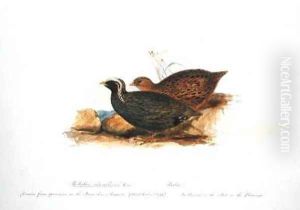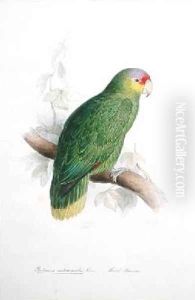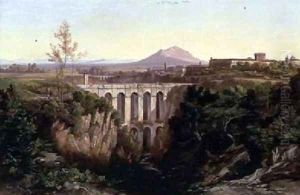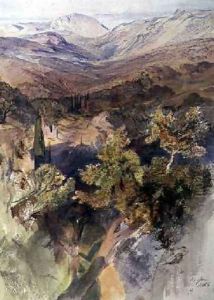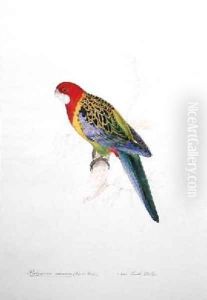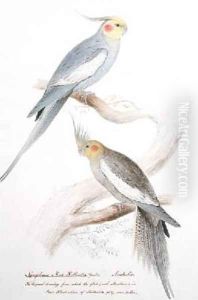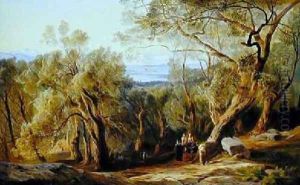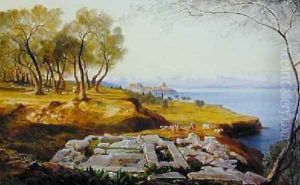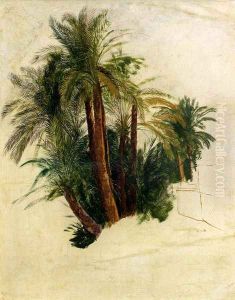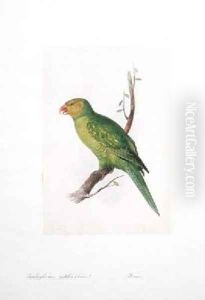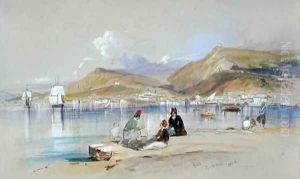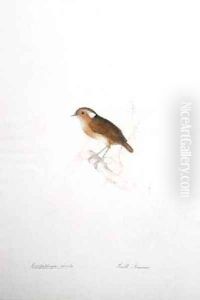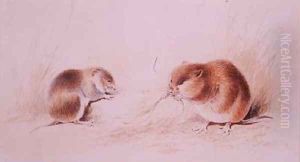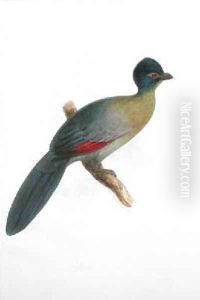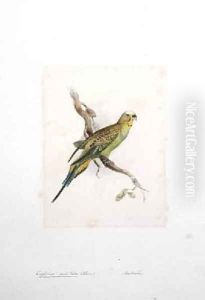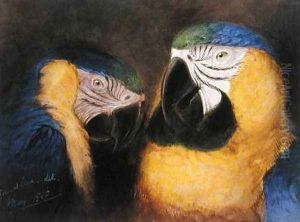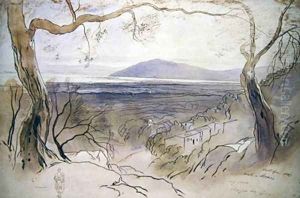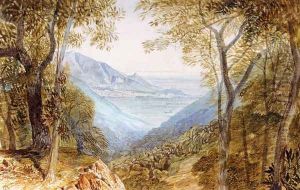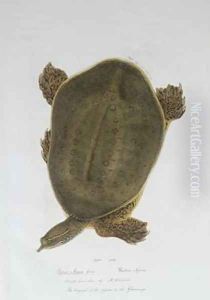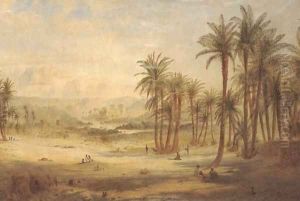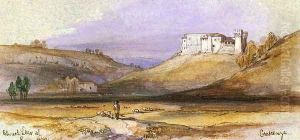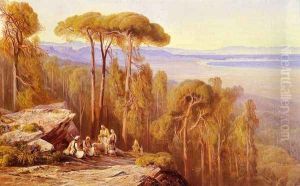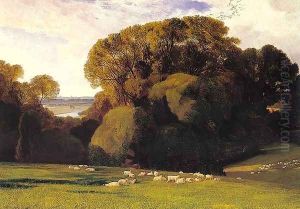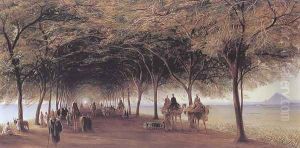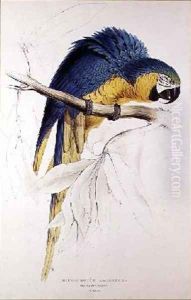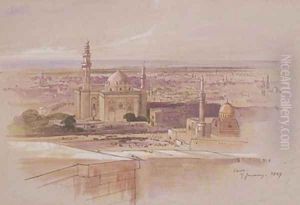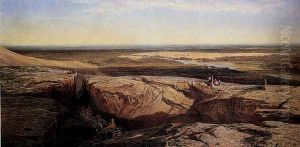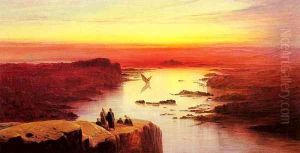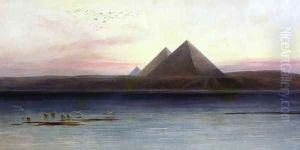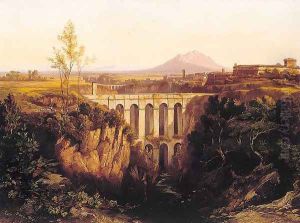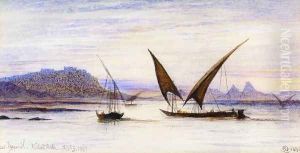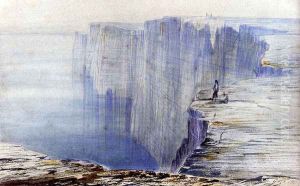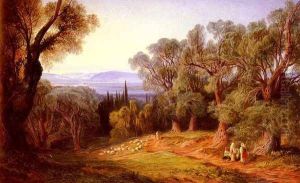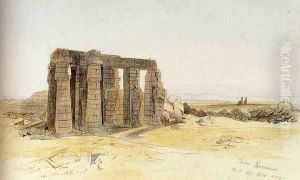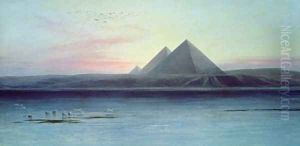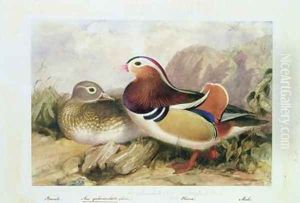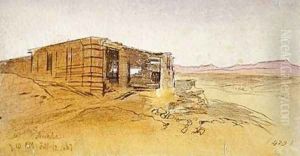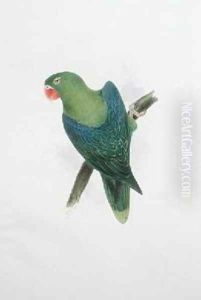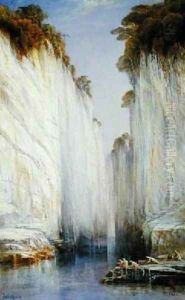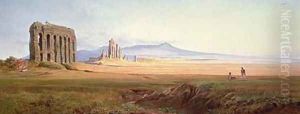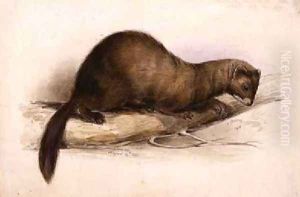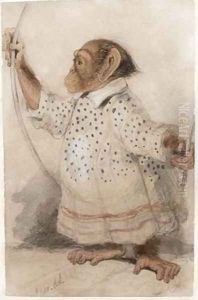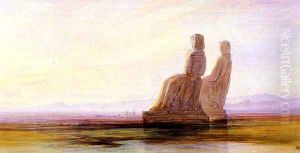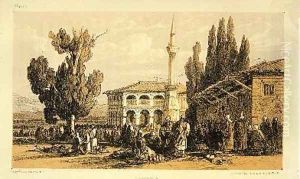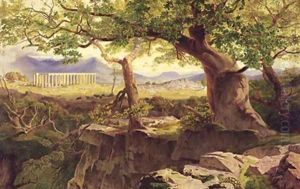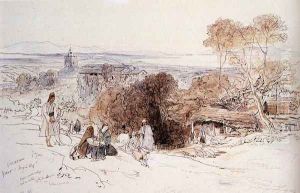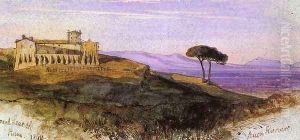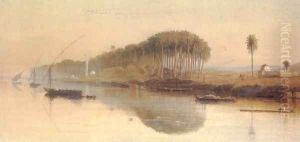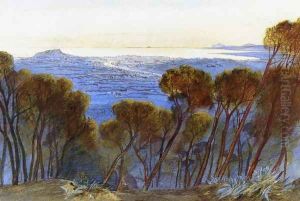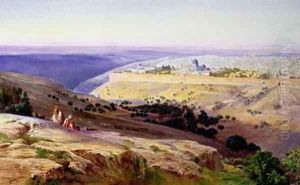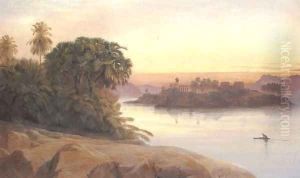Edward Lear Paintings
Edward Lear was an English artist, illustrator, musician, author, and poet, now known mostly for his literary nonsense in poetry and prose, and especially for his limericks, a form that he popularised. Born in Holloway, a suburb of London, on May 12, 1812, Lear was the twentieth child of Ann and Jeremiah Lear, a stockbroker. Due to his family's financial difficulties and his father's imprisonment for debt when Lear was about four years old, he had to start earning a living at a young age.
Lear was known to have suffered from health issues throughout his life, including epilepsy, which he was forced to keep a secret, as it was stigmatized at the time. He also had bronchial conditions and poor eyesight. Despite these challenges, Lear was able to develop his skills in drawing and painting. He began his career as an artist at the age of 15, working primarily as a draftsman of birds and animals. His talent was recognized early, and he gained the patronage of the Earl of Derby, who invited him to stay at his estate, Knowsley Hall, and draw the animals there.
Lear's most significant contributions to the art world are his landscape paintings and his travel books. He traveled extensively throughout his life, visiting Greece, Egypt, India, Albania, and many other places. His paintings from these travels were well-received and he held several exhibitions throughout his life.
However, Lear is arguably best known for his literary nonsense works. His first Book of Nonsense was published in 1846 and went through several editions throughout his lifetime. It was this book that popularized the limerick, a poetic form that consists of a single stanza of five lines with a distinct rhythm and rhyme scheme. Lear's limericks often included a small line drawing, usually absurd and nonsensical, which complemented the text.
Lear never married, and there has been speculation about his sexuality, but his private life remains somewhat enigmatic. He spent his latter years in San Remo, Italy, where he continued to paint and write until his death on January 29, 1888. His work influenced many later writers and artists, and his limericks and nonsense poems are still enjoyed by readers of all ages.
